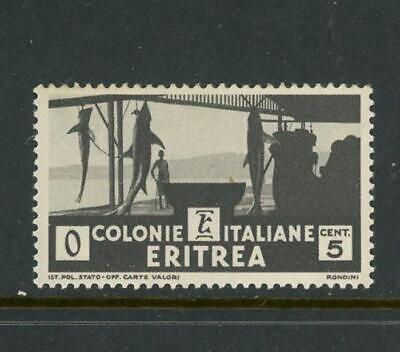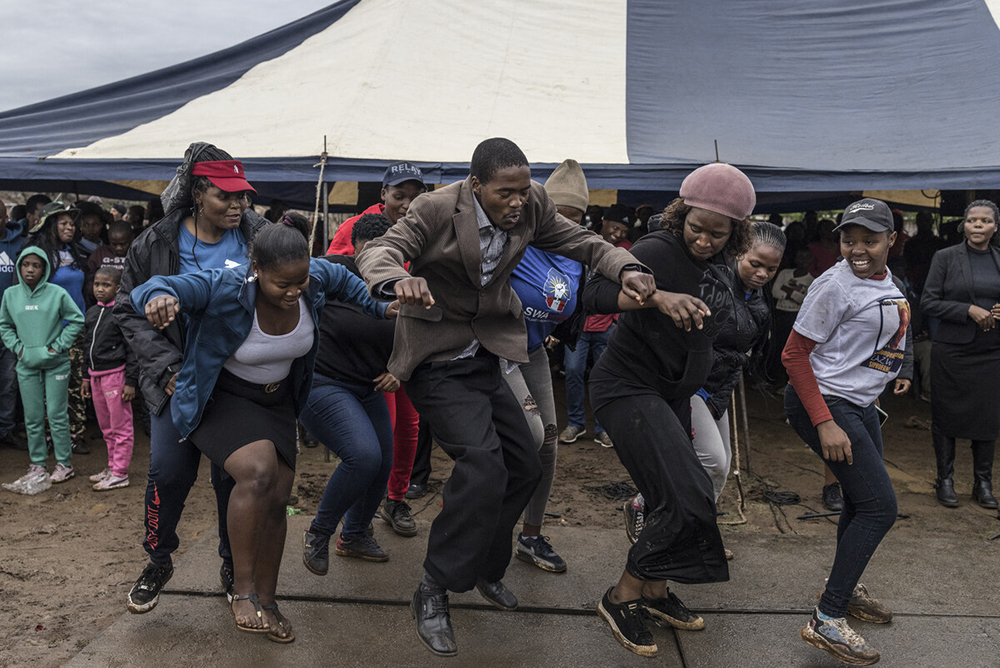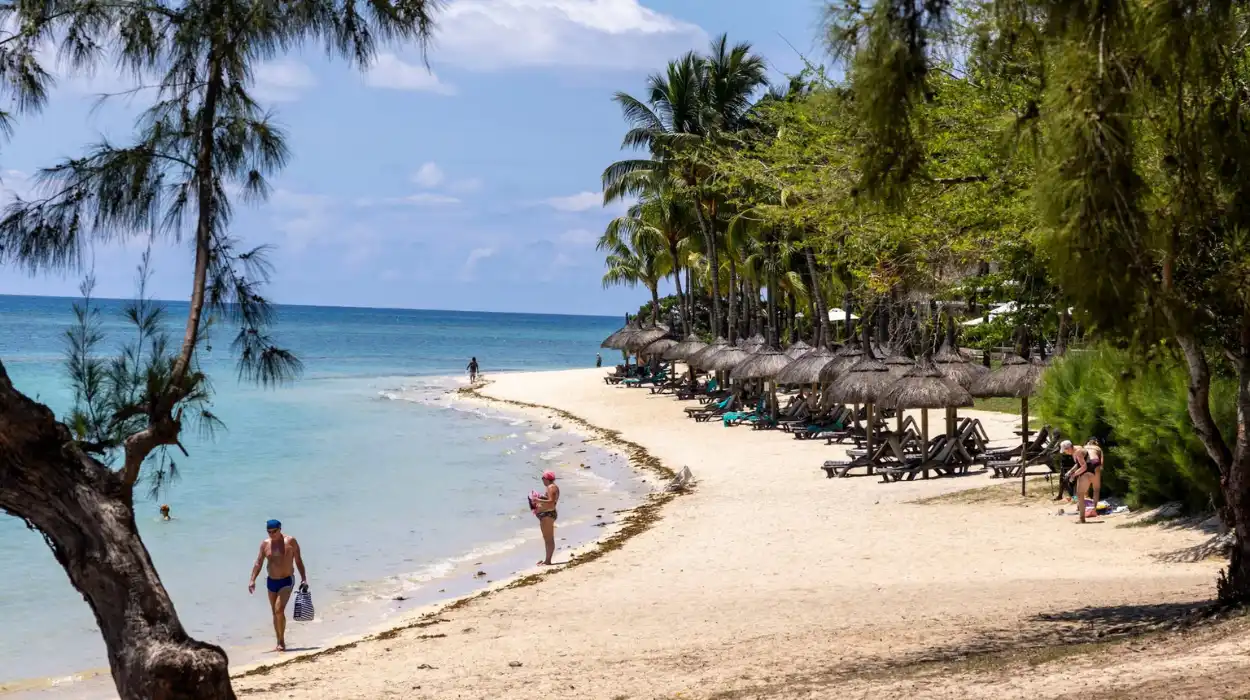Understanding Eritrea: Current Affairs and International Relations

Introduction
Eritrea, a small nation located in the Horn of Africa, has remained a focal point of geopolitical discussions due to its strategic location by the Red Sea and its complex history. After gaining independence from Ethiopia in 1993, Eritrea has faced numerous challenges, including internal repression and national service policies that long outlive the conflict that necessitated them. As international attention shifts towards East Africa, understanding Eritrea’s current affairs is crucial for grasping the region’s evolving landscape.
Recent Political Developments
In recent months, Eritrea has seen a shift in its foreign relations, particularly with its neighbouring country Ethiopia. The 2020 Tigray Conflict, which erupted due to growing tensions in Ethiopia, drew Eritrea into the fray, with Eritrean troops participating alongside Ethiopian forces against Tigrayan authorities. As a result, the international community has called for investigations into human rights violations in the region, leading to mounting pressure on Eritrea’s government.
Moreover, Eritrea’s relations with the United States and European countries remain strained. In September 2023, a UN report highlighted the government’s continued suppression of dissent, restrictions on freedoms, and ongoing conscription practices that have not changed since the end of the war with Ethiopia. As a response, the European Union plans to reassess its development aid frameworks in relation to Eritrea, insisting on improvements in human rights.
Economic Situation and Challenges
Economically, Eritrea faces significant difficulties. The nation heavily relies on remittances from its diaspora, which account for a considerable portion of its GDP. With rising global inflation and the ongoing impact of the COVID-19 pandemic, many Eritreans abroad struggle to send money back home. The economy is further strained by the government’s monopolistic control over industries, leading to scarcity in essential goods and rampant inflation.
Conclusion
In conclusion, Eritrea’s current socio-political and economic climate is marked by significant international scrutiny and a pressing need for reform. As regional dynamics change, particularly following the Tigray conflict, Eritrea’s government faces increasing pressure not only from its own people but also from the international community. The international observers forecast that without meaningful improvements in governance and human rights, Eritrea may continue to grapple with isolation and economic challenges, ultimately impacting its populace’s wellbeing.
You may also like

Wales Online: Your Go-To Source for Welsh News

Exploring the Unique Heritage and Current Affairs of Eswatini

SEARCH
LAST NEWS
- Remembering Wendy Richard: The Promise to Co-Star Natalie Cassidy
- How Did Anglian Water Achieve an ‘Essentials’ Rating for Mental Health Accessibility?
- Shai Hope Leads West Indies in T20 World Cup Clash Against South Africa
- What We Know About Weston McKennie: Future at Juventus and Past at Leeds
- What We Know About the Upcoming Live Nation Antitrust Trial